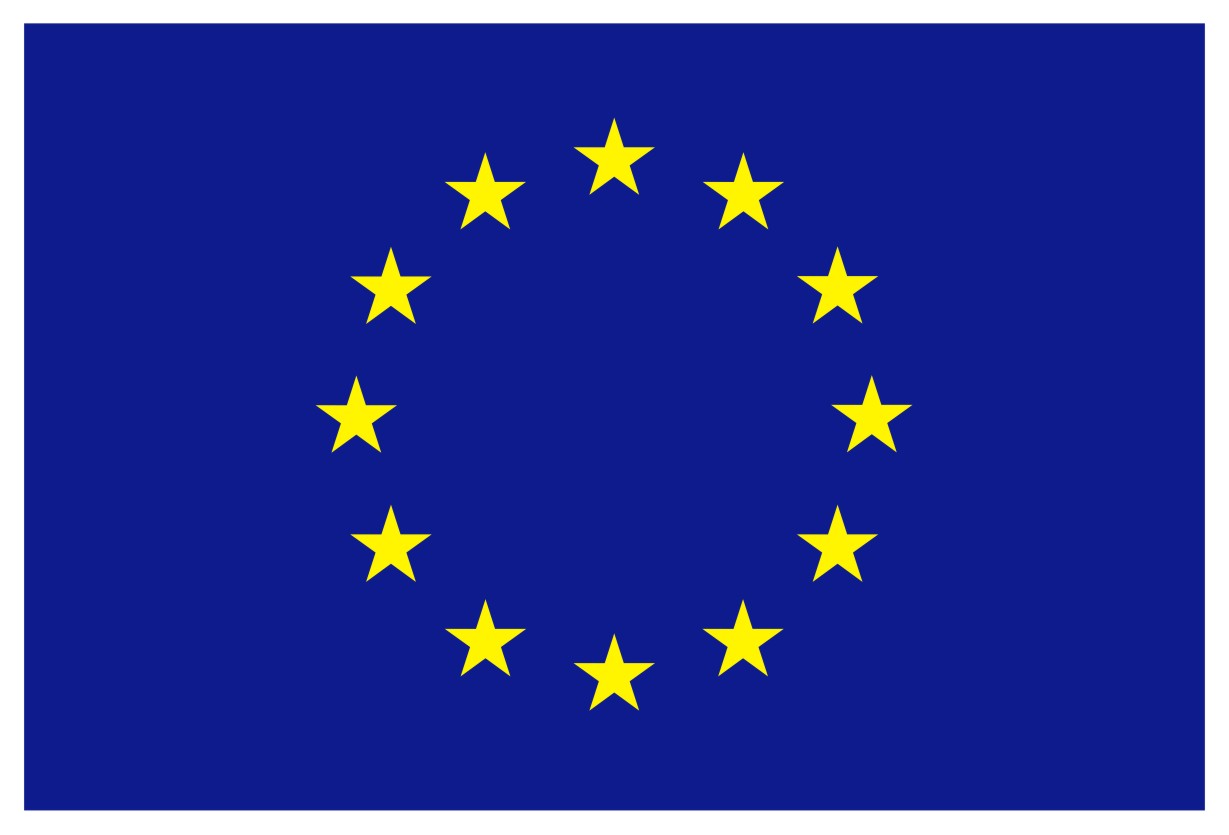SeRV – Services and Rights for Victims of Crime (https://sisu.ut.ee/serv/services-and-rights-victims-crime) is a project funded by the European Commission – DG Justice. The University of Tartu (Estonia) is the coordinating body of the project. Partners of the project are: the Psychoanalytic Institute for Social Research (Italy), the Catholic University of Porto (Portugal), the Christliches Jugenddorwerk Deutschlands (Germany), the Associacion Consensus (Spain) and the West University of Timisoara (Romania).
Victim support in Europe is emblematic of the diversity in EU Member States with various levels of supports and protections as well as means by which to provide supports and assure the protection of rights. This diversity represents an opportunity to evaluate, identify and further develop the most effective models in order to guide the full implementation of Directive 2012/29/EU (the Directive) assuring minimum rights and protections for victims and maximizing the efficacy of directive implementation within an often resource limited context.
As noted by the European Parliamentary Research Service 2017 “The Victims’ Rights Directive 2012/29/EU: European Implementation Assessment”, the provision of support remains problematic despite the guarantee of victims’ rights protections in national, regional and international legislation. More specifically, “the directive is highly relevant but at the same time, its implementation does not yet address victims’ needs sufficiently…in particular concerning access to justice, and the availability of relevant support systems for all types of victims” (EPRS, 2017, p. 100, emphasis in original).
This gap points to the need for actions that enable countries to further develop their support systems, working in cooperation with other EU Member States in order to promote the implementation of a harmonious system capable of taking into account the different legal traditions, cultures and resources within each Member State.
Countries with more advanced victim support services and protections can share their experiences with Member States at other stages of victims’ rights development and Directive implementation while simultaneously learning from the experiences in other countries in order to improve their own services.
Fundamentally, the current phase of Directive implementation points to systems in flux or in transition, making it an ideal time to work cooperatively to develop new models and strategies for full implementation of the Directive, notably in relation to enhancing VSS and ensure supports for all victims of crime.
SeRV focuses on this need to enhance VSSs in cooperation with the criminal justice system, creating cohesive networks that can ensure comprehensive victim support and the development of new, innovative models of victim support provision within the spirit of local, national and transnational exchange and cooperation.
SeRV utilizes five principles designed to ensure maximum efficacy and sensitivity to victims’ rights: participation, inclusion, cooperation, communication, and evidence-based practice.
Adherence to these principles is intended to assure that all relevant actors have a voice in the process and play a role not only in the identification of models and strategies, but also in their implementation.
The active inclusion of victims is seen as being essential to ensure that their experiences, needs and feelings inform the work done, thereby increasing efficacy, respect for victims’ rights and dignity, and ultimately Directive implementation.
The work undertaken in SeRV is expected to support ongoing efforts by the Ministry of Justice as well as VSS to fully implement the Directive and enhance protections for victims of crime, contributing not only to the discussion and model development, but providing concrete support for implementation nationally while providing valuable outputs for use in other EU Member States both for practitioners (Models in Transition Handbook) and victims (Victims’ Voices Booklet).













